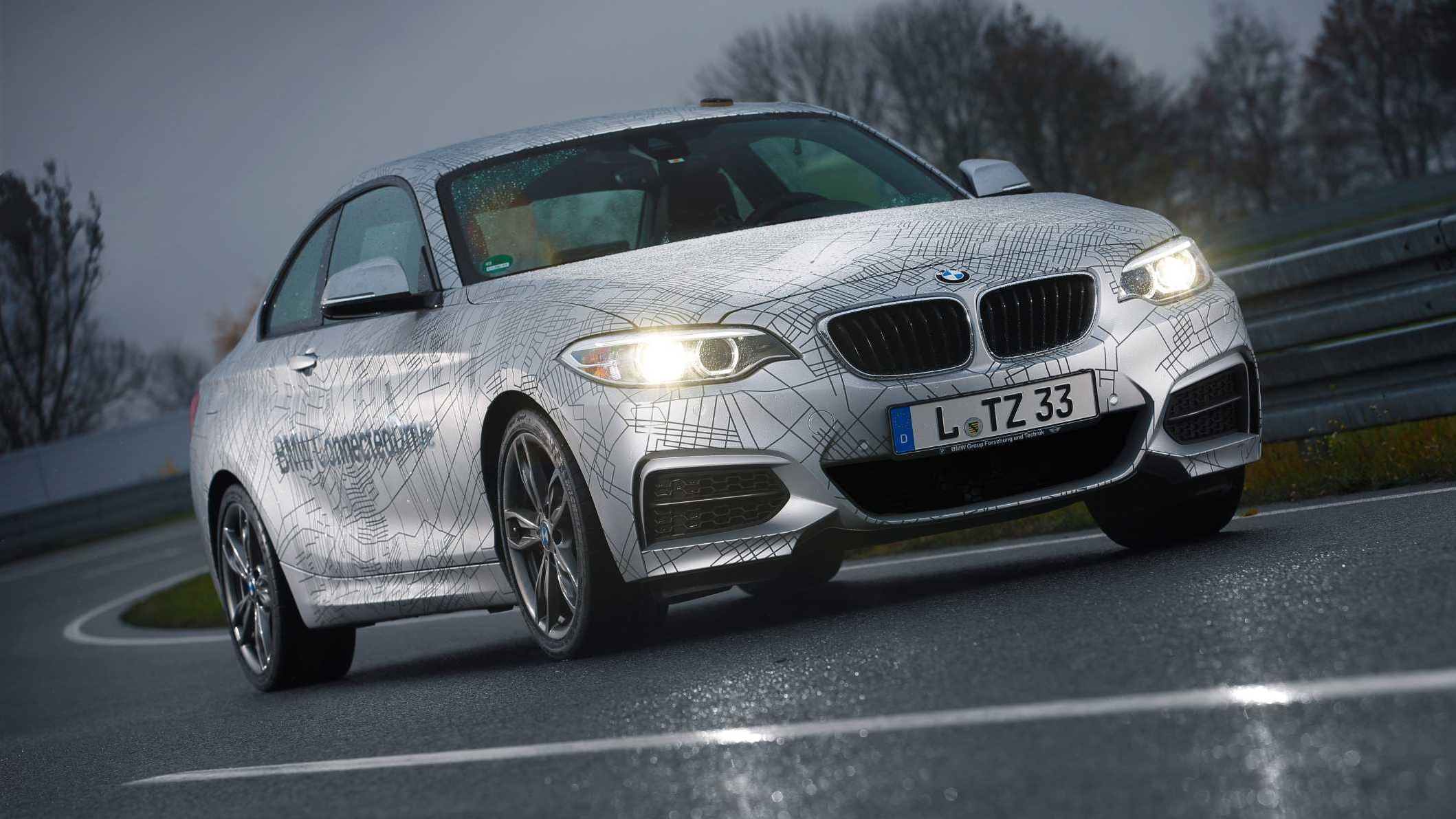How Technicolor is applying open source to the 'connected car'
Company's Qeo solution is taking on Google and Apple

In 2014, the 'internet of things' (IoT) phenomenon is surely but surely familiarising people with the concept of connecting up everyday objects to the internet - and cars are no exception.
Whether it's hooking up your beloved hatchback to the internet or zipping through the streets in a driverless two-door, the automotive industry is speeding toward technological advancement.
We talk to Benoit Joly, SVP Smart Home at media and entertainment firm Technicolor, on the implications around the 'connected car', what Google and Apple are doing in this area and Technicolor's own open source solution.
TechRadar Pro: Apple and Google have both announced connected car initiatives, why has this been so long coming?
Benoit Joly: Unlike the connected home or consumer electronics industry, the car industry is something that device manufacturers have to learn more about, not being their core business.
As with any other industry it has its own rules; regulatory laws are sometimes country specific, and the car is a complex object where security is obviously key.
Drivers must not be distracted by a screen, by solving bugs or by having to manage software upgrades. Security must be watertight to ensure the software cannot be hacked or taken control of, etc. As we are dealing with people's physical security, you'd better make no mistakes.
Are you a pro? Subscribe to our newsletter
Sign up to the TechRadar Pro newsletter to get all the top news, opinion, features and guidance your business needs to succeed!
Investigating all of this takes time, new development teams, new experts, new organisations. It goes without saying that car manufacturers have been reluctant to be dispossessed of their strategy, they want to keep control of their brand, their user experience.
Therefore the first development cycles took some time; what you are seeing now is the result of four years of work or more. And if you think back four years in time, that is when the first iPad was introduced.
People had been used to smartphones and apps, they were now about to learn new use cases for the tablet and the industry had a lot of work to do to populate a meaningful ecosystem around the device. Now we see the rise of the internet of things and the incredible development of smart homes.
The public is ready to adopt the use of apps for the home itself with new scenarios and usages. And finally the car is just one more connected device, more complex for sure, with the connected cities as the next step. Now is the right time for smart homes and, by extension, for the connected cars.
TRP: With all these competing systems in the market, are we on the verge of another format war?
BJ: Of course all big names in the industry want to take control of the car's OS in order to extend their ecosystem of apps and services. Google just announced the creation of the Open Automotive Alliance around Android and Apple already launched its iOS in the car strategy. Alliances have also been formed.
The GENEVI for instance coordinates suppliers, software and hardware makers with car manufacturers in order to homogenise the requirements needed to bring in-vehicle connectivity and entertainment. But we think the real challenge lies in how the car connects to other devices, other apps, data or cloud services, and how far it can use that information to introduce new services.
In fact, beyond the battle for the OS, it's about how the car becomes a part of the connected home, how cars can exchange information with each other and how all of this coordinates with the different elements of a connected city. For this to succeed in the long-term we need a global cross-ecosystem solution that enables full interoperability.
TRP: What does Technicolor's solution offer that its competitors' does not?

Désiré has been musing and writing about technology during a career spanning four decades. He dabbled in website builders and web hosting when DHTML and frames were in vogue and started narrating about the impact of technology on society just before the start of the Y2K hysteria at the turn of the last millennium.